On November 6, 2018, Grand Challenges Explorations grants were announced for 34 researchers from 10 different countries around the world. Each will receive US$100,000 to conduct early-stage research projects focusing on one of three global health and development challenges selected for this Round.
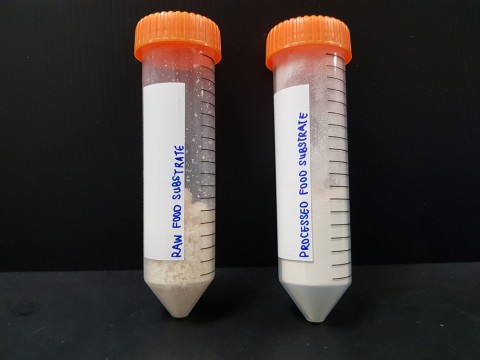
Joachim Loo of Nanyang Technical University in Singapore will develop techniques to encapsulate micronutrients such as iron for food fortification using okara, which is a nutritionally-rich pulp that is made as a wasted by-product during the production of soybean products.
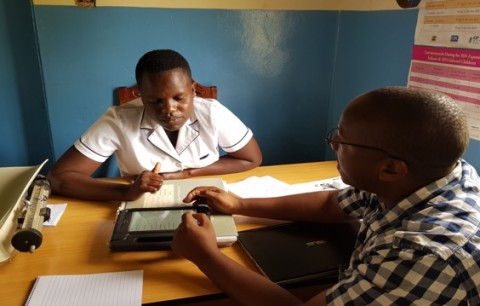
Samantha Dolan and Peter Rabinowitz of the University of Washington in the U.S., and Ian Njeru of I-TECH Kenya, will improve digital data collection and monitoring of childhood immunizations at Kenyan health facilities by optimizing workflows.
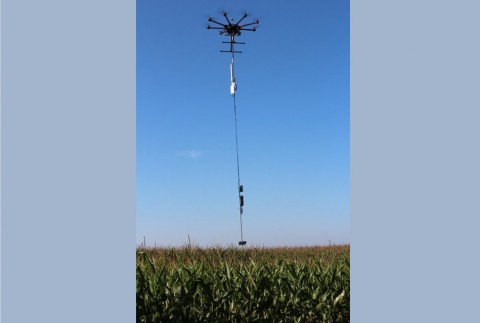
Pierluigi Bonello of Ohio State University in the U.S. will develop a surveillance system for crops using unmanned aerial vehicles (drones) to position sensors to help diagnose plant diseases in low-income countries.
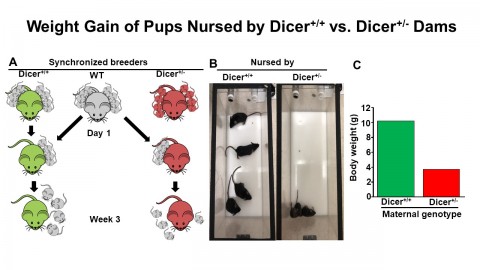
Janos Zempleni of the University of Nebraska-Lincoln in the U.S. will test whether supplementing milk formula with exosomes from milk could have the potential to improve the growth of babies aged between 6 and 12 months and help protect them from infections.

Joshua Warren and Daniel Weinberger of Yale University in the U.S. will develop an analytical framework to improve local estimates of vaccine coverage in low- to middle-income countries.
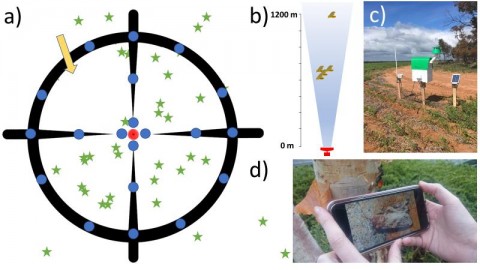
James Bell of Rothamsted Research in the United Kingdom will test an integrated surveillance system for the real-time detection of ground and upper atmospheric levels of the fall armyworm, which is a moth that devastates maize crops.
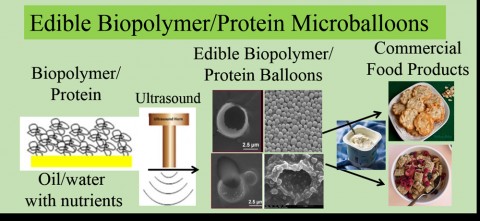
Muthupandian Ashokkumar at the University of Melbourne in Australia, along with Francesca Cavalieri, Meifang Zhou, and Srinvas Mettu, will produce edible microballoons made from protein that contain essential nutrients for adding to common foods to combat malnutrition in mothers and infants.
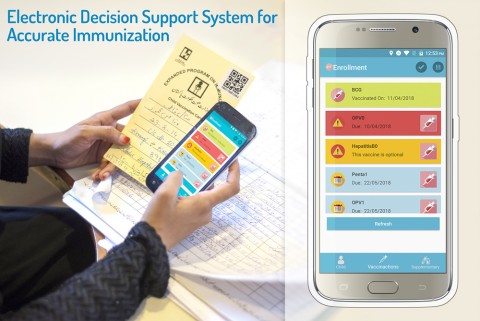
Ali Turab of IRD Global Ltd. in Singapore will develop a decision support tool that can be integrated with digital immunization registries to automatically construct optimal appointment schedules for every child that can adjust for missed immunizations and the introduction of new vaccines.
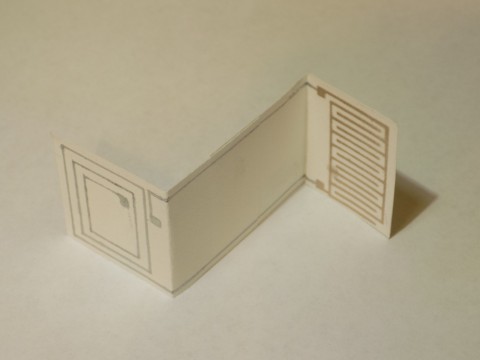
Jun Kameoka of Texas A&M University in the U.S. will develop multiplex, battery-less and wireless durable paper sensors for positioning under the soil in crop fields to detect the early signs of pests and diseases, and communicate the data to overhead drones via radio frequency to improve pest management.
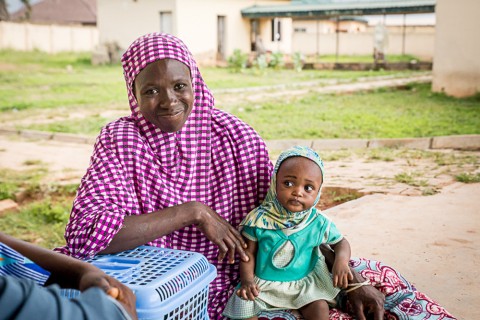
Owens Wiwa of the Clinton Health Access Initiative in the U.S. will determine whether providing free vouchers for mothers to receive a nutrient-dense food can help infants with moderate acute malnutrition in Nigeria.
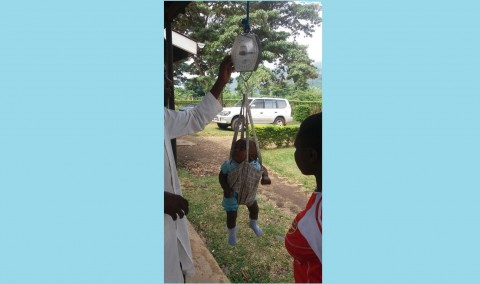
Ross Boyce at the University of North Carolina in the U.S. will develop an approach that uses new methods of mapping households together with available health data to better identify places that have limited access to healthcare to improve immunization coverage.
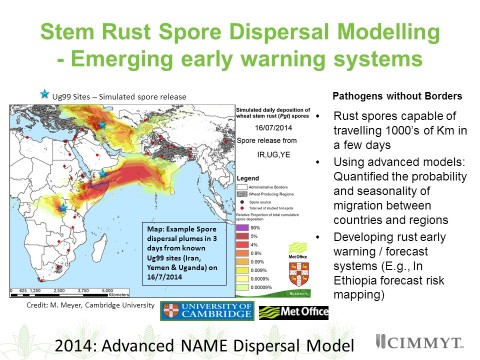
Bruce Grieve of Manchester University in the United Kingdom will develop a low-cost, stereo-printed sensor that mimics plant leaves and stems and can detect and signal the presence of live pathogens as an early warning system to help protect crops in low-resource settings.
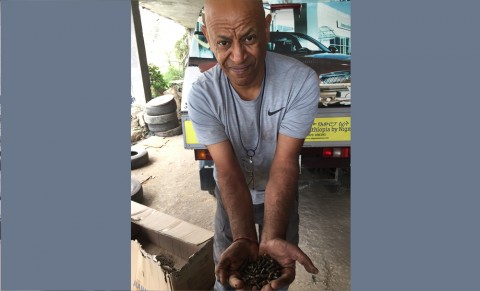
Tsegaye Nega of Carleton College in the U.S. will develop methods to produce and distribute affordable nutritional food supplements made from excess, dried spent grains from the brewery process.
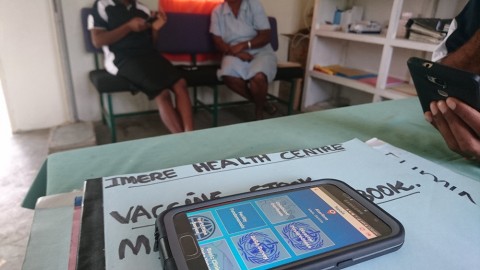
Michael Nunan of Beyond Essential Systems in Australia will build on their existing data platform to collect and analyze vaccine data in real-time to provide an early warning of areas or facilities with low immunization coverage.
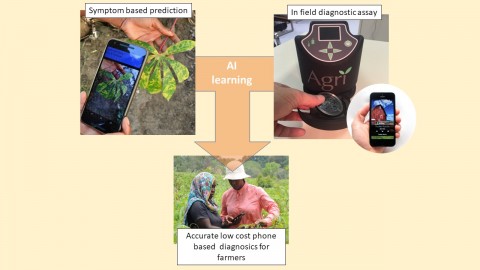
Jan Kreuze of the International Potato Center in Peru will develop a low-cost, mobile phone-based diagnostic test for African farmers that uses artificial intelligence to quickly and accurately detect plant diseases such as cassava brown streak and banana bunchy top, which devastate crops and are threatening to spread.
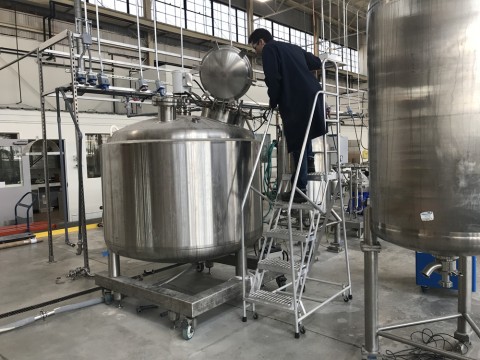
Amanda Stiles of Ripple Foods, PBC, in the U.S. will produce a low-cost protein isolate upcycled from locally-sourced agricultural by-products that can be used as a nutritious food additive or standalone high-protein broth.

David Hughes, and Nita Bharti of Penn State University in the U.S. together with James Legg at the International Institute of Tropical Agriculture in Tanzania and the Charity, Self Help Africa, will leverage daily, high-resolution satellite imagery of farms in Kenya to monitor crop pests and diseases.
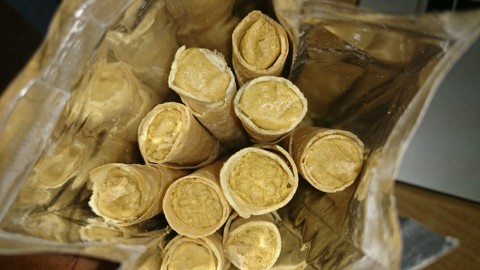
Lyndon Paul of Vissot Co Ltd in Cambodia will reduce production costs for their nutritional wafer biscuits, which are made from a micronutrient-fortified fish powder, to help treat severe acute malnutrition in children and prevent malnutrition in young children and pregnant women in Cambodia.
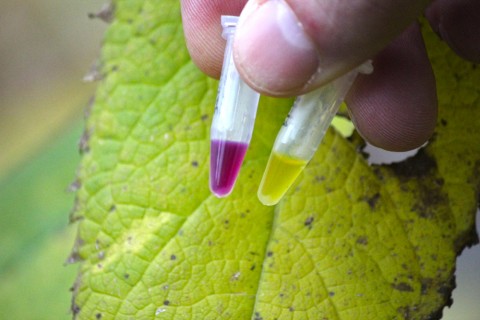
Julius Lucks of Northwestern University in the U.S. will develop a low-cost diagnostic test that can detect multiple plant pathogens with a simple visual output for farmers in low-income countries to better monitor their crops.